Elections
Politics
BIDEN, CARACAS, CUBA, DEMOCRACY, DONALD TRUMP, EDMUNDO GONZÁLEZ URRUTIA, ELECTION CAMPAIGNS, GOV, MADURO, MINISTRY, NATIONAL SECURITY, NICOLÁS, NORTH AMERICA, OPPOSITION, PARAGUAY, POLITICS, PRESIDENTIAL CAMPAIGN, SOUTH AMERICA, UNITED STATES, US, US TREASURY, VENEZUELA, WASHINGTON, WHITE HOUSE
Sophia Klein
Venezuela Rejects U.S. Intervention and Breaks Ties with Paraguay Ahead of Maduro’s Inauguration
Venezuela has denounced U.S. recognition of Edmundo González Urrutia as president-elect, labeling the move as interference. The government also severed ties with Paraguay for its support of González. As the country approaches Maduro’s inauguration for a third term, tensions rise amid opposition protests and accusations of violence following a disputed election.
The Venezuelan government has firmly rejected the recognition of Edmundo González Urrutia as “president-elect” by the United States, asserting that the Biden administration has resorted to outdated intervention tactics. The Venezuelan Foreign Ministry condemned Washington’s approach as an attempt to undermine the sovereignty of the nation while resisting the will of its citizens who supported incumbent President Nicolás Maduro in the recent election. The government has also severed diplomatic ties with Paraguay after its president endorsed González.
Following the meeting between President Biden and González, in which Biden emphasized the need for a peaceful transfer to democracy, the Venezuelan government responded with a strong stance against any efforts that could incite violence or instability. González, who fled to Spain last year, has expressed intentions to return to Venezuela to assume the presidency, despite facing numerous criminal charges and an arrest warrant.
Additionally, the Maduro administration reported that it would respond decisively to any challenges against its authority, even amidst a backdrop of planned opposition protests. As the political landscape continues to evolve, Maduro prepares for his third term of presidency amidst calls for an unwavering defense of constitutional order.
The contentious electoral environment has led to perceptions of a crisis, underscored by the respective stances of both the Venezuelan administration and the opposition. Numerous violent incidents have arisen, with fatalities reported post-election, contributing to a charged political atmosphere. The Maduro government remains resolute in asserting its legitimacy, while international dynamics continue to play a critical role in shaping Venezuela’s political future.
The political climate in Venezuela has been tumultuous, with a longstanding divide between the government, led by President Nicolás Maduro, and various opposition factions. The 2024 elections sparked significant controversy, with accusations of electoral fraud and independent investigations into voting irregularities. Amidst this backdrop, the recognition of opposition figures by foreign governments, particularly the United States, has intensified claims of external interference in Venezuela’s internal affairs. The situation has been further complicated by geopolitical shifts within Latin America, as nations like Paraguay have also engaged with the opposition, leading to the recent diplomatic fallout with Venezuela. The ongoing tensions highlight a critical moment in Venezuelan history, where sovereignty, democracy, and international relations are at stake.
In summary, the Venezuelan government has emphatically rejected U.S. interference by disavowing Edmundo González Urrutia’s recognition as president-elect while simultaneously severing diplomatic relations with Paraguay. The Maduro administration remains resolute in defending its sovereignty and legitimacy against perceived foreign meddling. As opposition protests loom, the situation is expected to remain tense, reflecting the broader struggle for power and governance in the country.
Original Source: venezuelanalysis.com
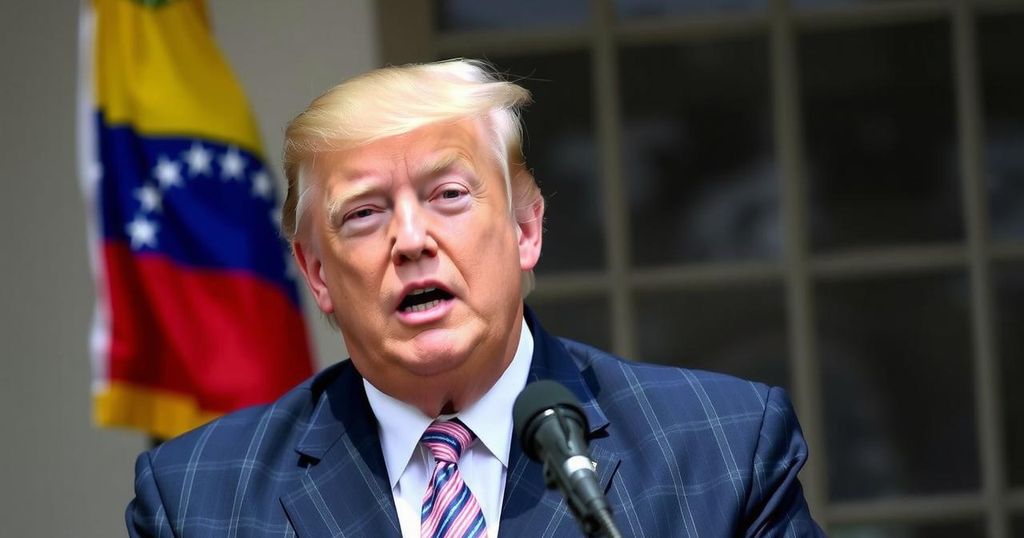
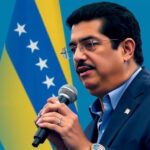
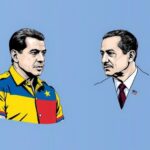
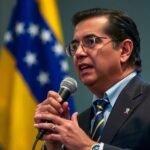
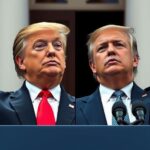


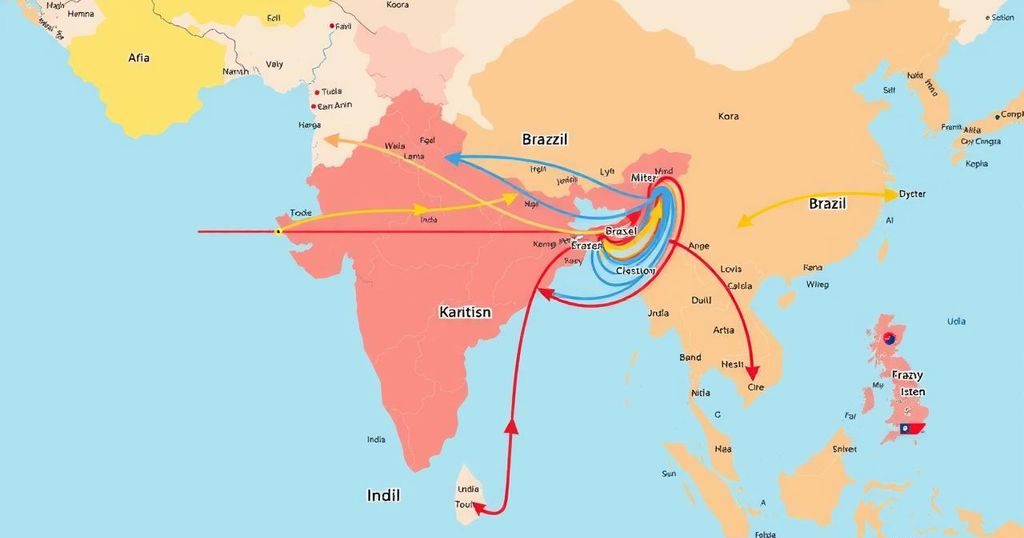
Post Comment